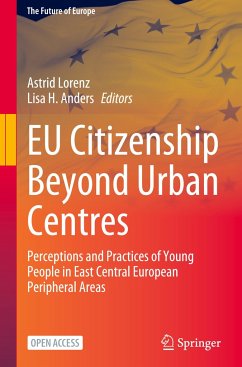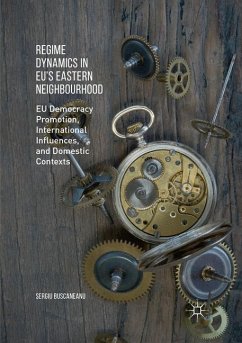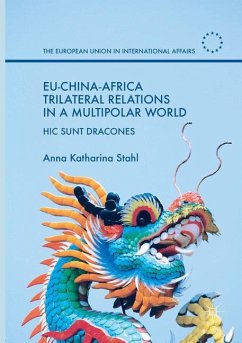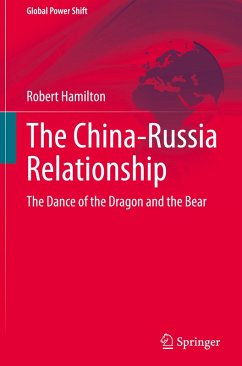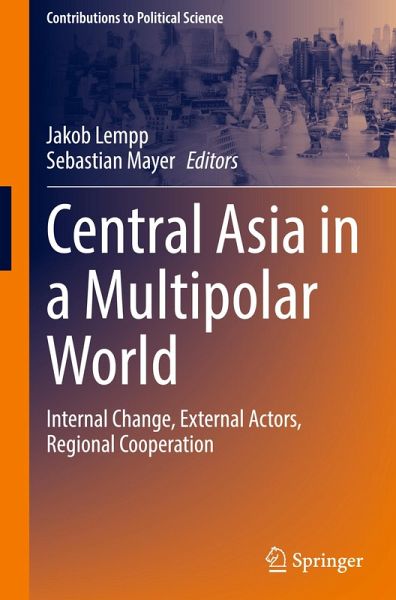
Central Asia in a Multipolar World
Internal Change, External Actors, Regional Cooperation
Herausgegeben: Lempp, Jakob; Mayer, Sebastian

PAYBACK Punkte
53 °P sammeln!
This handbook-style edited volume discusses historical, but predominantly current political, economic, and societal trends in Central Asia comprising Kazakhstan, Uzbekistan, Kyrgyzstan, Tajikistan, and Turkmenistan. The five countries exhibit many cultural and historical commonalities and face similar internal and external challenges. Despite different transformation paths and frequent intra-regional tensions, a common regional identity has emerged in the countries since gaining their independence in 1991. Besides covering their political systems, a variety of topics such as human rights, medi...
This handbook-style edited volume discusses historical, but predominantly current political, economic, and societal trends in Central Asia comprising Kazakhstan, Uzbekistan, Kyrgyzstan, Tajikistan, and Turkmenistan. The five countries exhibit many cultural and historical commonalities and face similar internal and external challenges. Despite different transformation paths and frequent intra-regional tensions, a common regional identity has emerged in the countries since gaining their independence in 1991. Besides covering their political systems, a variety of topics such as human rights, media, terrorism, and civil society are addressed. As well, bilateral relations with seven external actors are examined. Lastly, the authors explore the opportunities and limitations of institutionalized regional cooperation in various fields of action.






